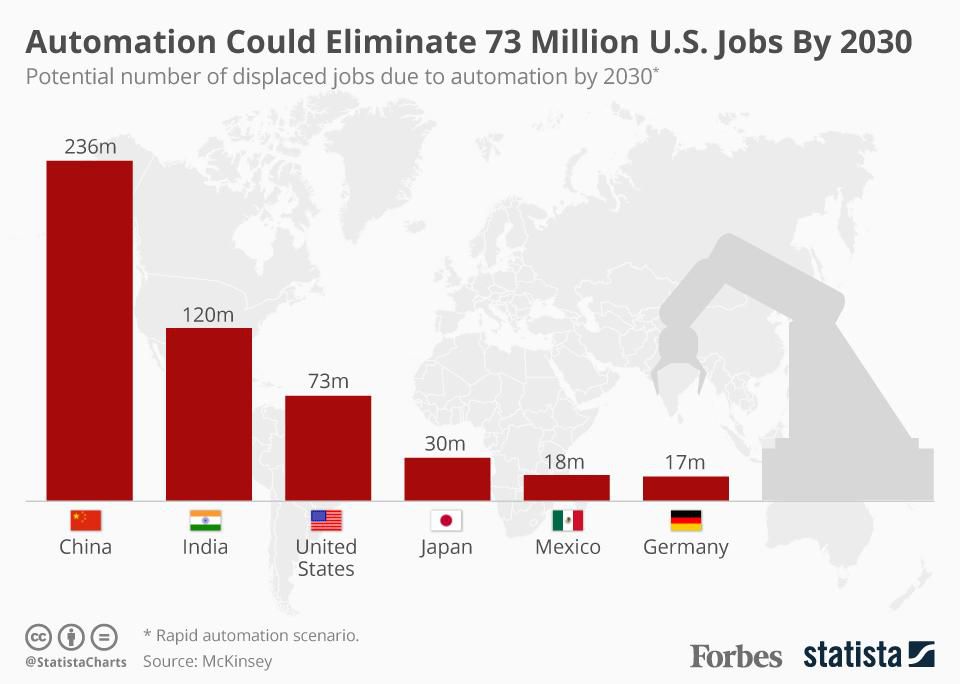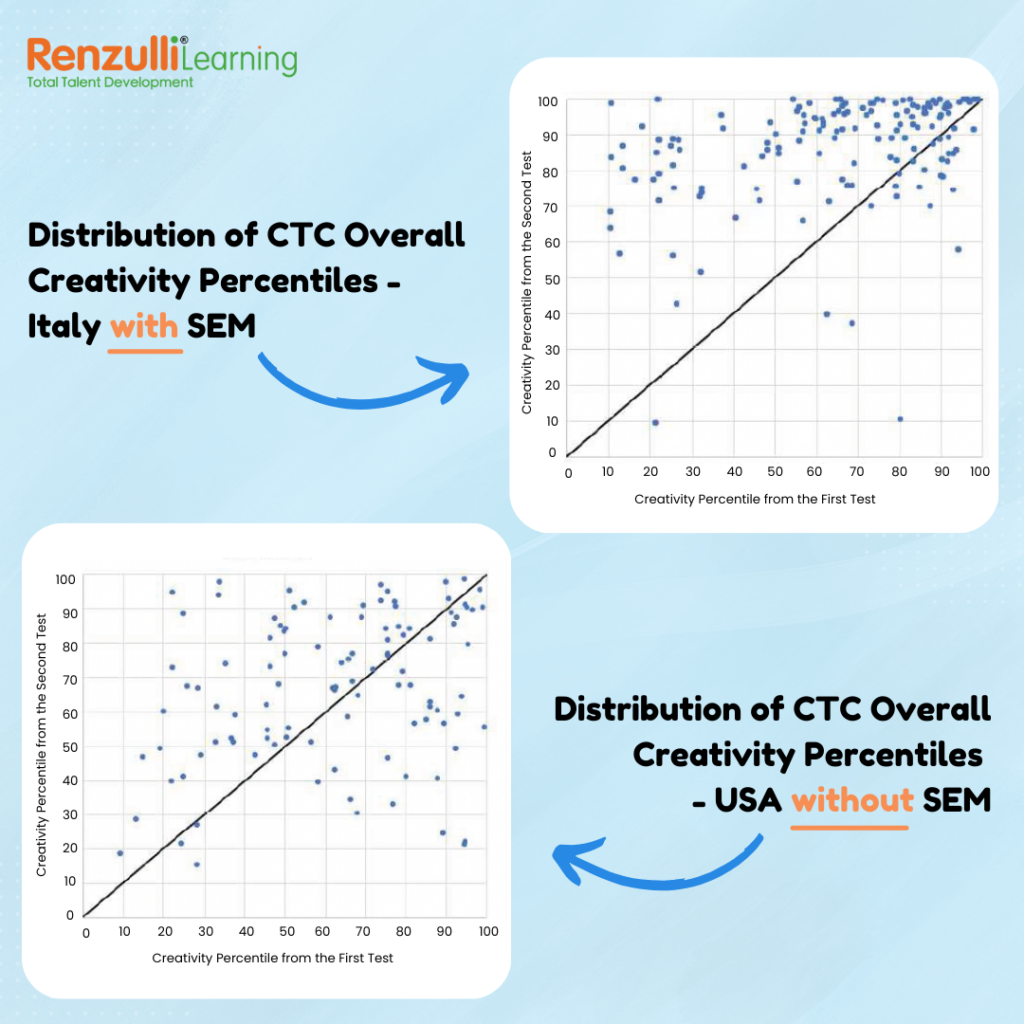21st Century Skills
Title-1
Title-2
Title-3
Title-4
Empower Students through
21st Century Learning Skills
How are schools preparing students for a workplace that does not exist?
According to the Hechinger Report, automation threatens 47% of jobs. As many as 800 million people worldwide could be displaced and need to find new jobs by 2030.
Creativity holds an important place in education, career development, and is a highly valued trait sought by employers in various fields. According to Forbes, creative thinking is a skill that is sorely needed in all professions and tapping into and building one’s creative thinking skills is an absolute necessity. As the World Economic Forum’s Future of Jobs Survey (2023) reported, approximately 73% of surveyed organizations rank creative thinking skills as top priority in the future

Introducing 21st Century Learning Skills
In essence, the 20th Century Learning Skills emphasized rote learning and preparation for industrial jobs, while the 21st Century Skills focuses on developing critical thinking, problem-solving, and collaborative skills to navigate the information age.
Schools must evolve their curricula to integrate 21st Century Learning Skills, emphasizing critical thinking, collaboration, creativity, and digital literacy to prepare students for the challenges of the modern world. The chart below illustrates the differences between 20th Century Learning and 21st Century Learning.
20th Century Learning Skills | 21st Century Learning Skills |
|---|---|
Classroom Environment | |
| Teacher-centered instruction where students sit in rows, working quietly and individually. | Student-centered, collaborative learning spaces that encourage movement, teamwork, and exploration. |
| Learning is confined to the classroom. | Learning extends beyond the classroom-to the school campus, community, and global connections. |
Teaching & Learning Approach | |
| Memorization-focused instruction, following a fragmented, textbook-driven curriculum. | Inquiry-based, interdisciplinary learning where students construct knowledge through research, creativity, and real-world experiences. |
| Emphasis on standardized test preparation and seat time. | Focus on mastery, demonstrating knowledge through critical thinking, problem-solving, and application. |
| Lower-order thinking skills (knowledge, comprehension) are prioritized. | Higher-order thinking (analysis, evaluation, creation) is integrated into learning experiences, strengthening executive function skills. |
Student Engagement & Development | |
| Passive learning-students primarily receive information. | Active learning-students engage in discussions, research, hands-on projects, and creative problem-solving. |
| Teacher is the sole evaluator of student work. | Assessment includes self-reflection, peer feedback, and public presentations that build leadership skills. |
| Grades are based on averaging scores. | Learning is measured through mastery and demonstrated competencies, fostering executive function and independent thinking. |
| Limited Focus on Leadership Development | Renzulli Leadership Assessment assesses student leadership abilities. Inquiry-based learning activities in Renzulli Learning develop leadership skills through application and practice. |
Role of Technology | |
| Technology, if used, is primarily for digital textbooks and worksheets. | Technology enhances creativity, collaboration, and global connectivity, supporting deeper learning experiences. |
Develop 21st Century Learning Skills with Renzulli Learning
We live in a rapidly developing, global digital society and Renzulli Learning supports the development of 21st Century Skills including: self-regulation, critical thinking, creativity, time management, communication, global competency and student driven learning.
Renzulli Learning was recently awarded a US Patent for Method and System for Creativity and Learning Evaluation and Enhancement. Our Patent, which includes both the Cebeci Test of Creativity (CTC) and Renzulli Learning, supports creativity assessment and creativity development in learning, and can be deployed in any language and with any curriculum worldwide.
A recent study on Implementation of the Schoolwide Enrichment Model (SEM) in Italy: A Three-Year Study, further validates that Renzulli Learning develops creativity and 21st Century skills, as students in the Renzulli Learning/SEM group in Italy increased their overall creativity from the 65th percentile to the 86th percentile.
The benefits of rigorous Project Based Learning on academic achievement are further supported by research funded by Lucas Education Research, conducted by the University of Southern California and Michigan State University. The research provides compelling evidence that project-based learning is an effective strategy for all students, outperforming traditional curricula not only for high achieving students, but across grade levels and racial and socioeconomic groups. Researchers found that nearly half of students in project-based classrooms passed their AP tests, outperforming students in traditional classrooms by 8 percentage points.

Renzulli learning supports all of the 21st Century Learning Skills described above and we also can assess creativity, critical thinking, and executive function ability. If you would like to learn more about how Renzulli Learning can help you implement 21st century learning skills please contact us at +1 203-680-8301 or info@renzullilearning.com.
There is an economic imperative for countries to invest in highly creative, highly motivated, highly reached-oriented young people who are going to create the ideas, inventions, and businesses that improve not just the economic conditions of their nations but also the social, cultural, educational, and even political leadership of their nation. This is a very important responsibility for all people that work with young people.
- Joseph S. Renzulli
Start Your Free Trial Today!
Your free trial gives you Full Access to Renzulli Learning for 60 Days!
